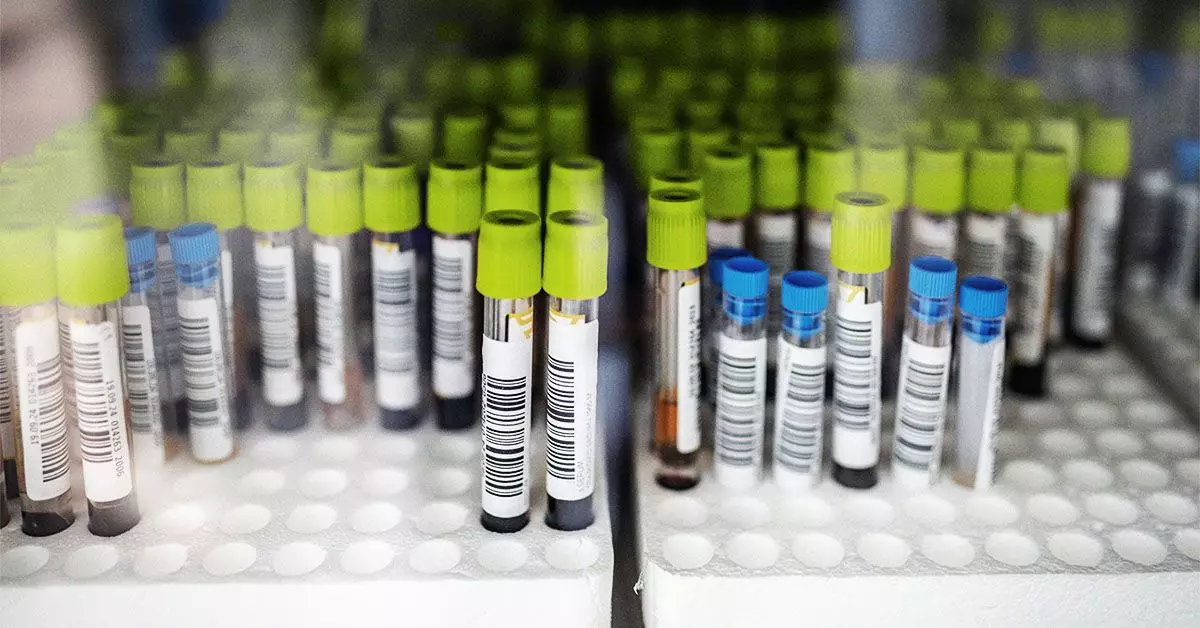Philadelphia-positive acute lymphoblastic leukemia (Ph+ ALL) represents a critical subtype of acute lymphoblastic leukemia (ALL), which is primarily characterized by the presence of a specific genetic anomaly known as the Philadelphia chromosome. This form of leukemia affects both the blood and bone marrow and predominantly presents in adults, although it can also occur in children. The uniqueness of Ph+ ALL lies in the aberrant formation of the BCR-ABL1 fusion gene due to the translocation between chromosome 9 and chromosome 22, leading to the overproduction of tyrosine kinase. Understanding this complex interplay of genetic factors, symptoms, and treatment options is crucial for effective management and patient care.
The symptoms of Ph+ ALL generally mirror those seen in other subtypes of acute lymphoblastic leukemia, culminating from the excessive proliferation of immature white blood cells, known as blast cells. This surplus leads to a compromised production of normal blood cells, resulting in a range of clinical manifestations. Patients often report fatigue, frequent infections, easy bruising or bleeding, and noticeable weight loss. Due to the overlap in symptoms with other medical conditions, accurate diagnosis necessitates thorough clinical evaluations. Individuals exhibiting these symptoms should promptly seek medical attention for diagnostic clarity.
At the genetic level, Ph+ ALL is defined by the presence of the Philadelphia chromosome, a unique aberration that emerges when the ABL1 gene on chromosome 9 translocates and attaches to the BCR gene on chromosome 22. This fusion produces the BCR-ABL1 oncoprotein, which subsequently leads to the overproduction of tyrosine kinase. This enzyme imparts a signal for the proliferation of leukemic cells, creating a milieu of immature white blood cells that displace healthy hematopoietic cells. The insights into these genetic alterations not only facilitate a better understanding of the disease but also help guide targeted therapeutic approaches.
The diagnosis of Ph+ ALL involves a series of comprehensive tests designed to unravel the complexities associated with this leukemia subtype. General blood tests, including a complete blood count, are often the initial step, followed by more specialized procedures such as bone marrow aspiration and biopsy. These tests aim to assess the cellularity and morphological characteristics of bone marrow and distinguish leukemia from other disorders. Furthermore, various biomarker tests are utilized, encompassing immunophenotyping to identify cell surface proteins, cytogenetic analysis for chromosomal abnormalities, and molecular techniques such as fluorescence in situ hybridization (FISH) and polymerase chain reaction (PCR) to unveil specific genetic mutations. Collectively, these methodologies enable clinicians to accurately classify the disease and formulate effective treatment strategies.
The treatment landscape for Ph+ ALL has evolved considerably with the advent of targeted therapies. The backbone of treatment primarily consists of tyrosine kinase inhibitors (TKIs), which specifically aim to block the overactive tyrosine kinase generated by the BCR-ABL1 fusion protein. Common TKIs employed in the clinical arena include imatinib (Gleevec), dasatinib (Sprycel), and nilotinib (Tasigna). Typically, a combination of TKIs and chemotherapy is administered, fostering a synergistic approach that not only targets the leukemic cells but also aims to restore normal hematopoiesis. The ultimate goal of this therapeutic regimen is to achieve remission, ideally leading to molecular remission, where leukemia cells become undetectable even using highly sensitive laboratory techniques.
The prognosis for Ph+ ALL can vary based on several factors, including age, clinical presentation, and the response to treatment regimens. While historically, Ph+ ALL posed significant treatment challenges, advancements in targeted therapies have considerably improved outcomes. Ongoing research is focusing on identifying novel agents that can further enhance treatment efficacy and mitigate side effects experienced by patients. Moreover, clinical trials are paving the way for innovative combinations of TKIs, immunotherapy, and stem cell transplant options, underscoring the dynamic landscape of Ph+ ALL management.
Philadelphia-positive acute lymphoblastic leukemia remains a formidable challenge within the realm of hematological malignancies. Comprehensive understanding through genetic insights, rigorous diagnostic evaluations, and targeted treatment regimens form the foundation of managing this complex condition. As research continues to unfold, the future of Ph+ ALL treatment holds promise, highlighting the importance of personalized medicine in advancing patient care.

